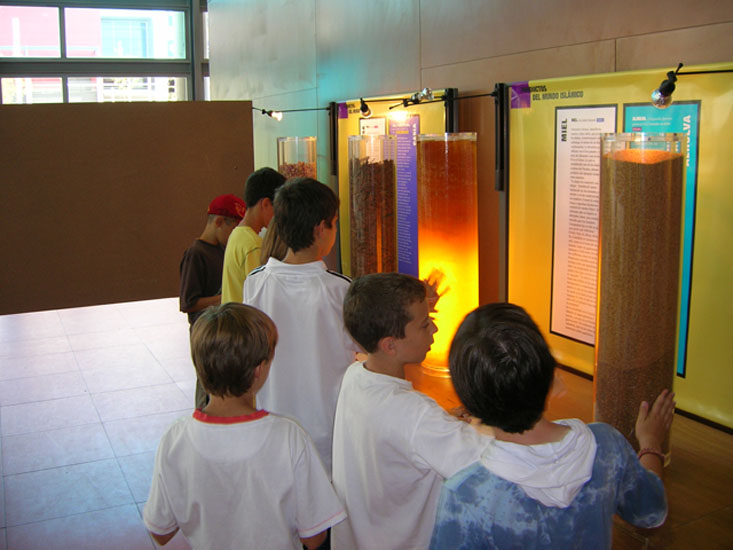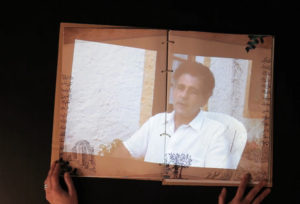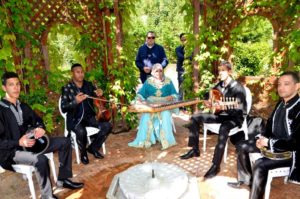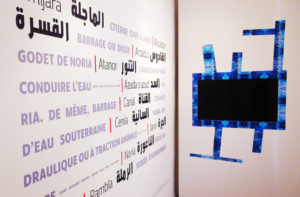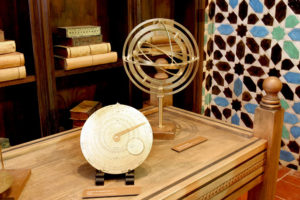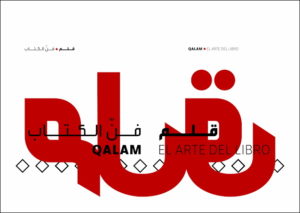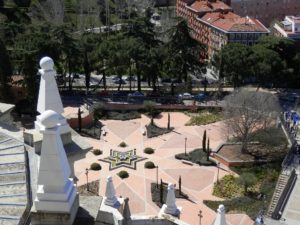Islam, Heritage for All
The experience of the Islamic Culture Foundation in the field of research and development shows that the study of other cultures enriches our own concepts and helps to dismantle prejudices, thus encouraging communication among different peoples. Being aware of the important role that education plays in promoting new generations of young people who are caring […]
The experience of the Islamic Culture Foundation in the field of research and development shows that the study of other cultures enriches our own concepts and helps to dismantle prejudices, thus encouraging communication among different peoples.
Being aware of the important role that education plays in promoting new generations of young people who are caring and free of ancestral prejudices, the Foundation undertook -at the end of 2000- a cultural project presented under the motto “Islam, Heritage for All”.
“Islam, Heritage for All” is a cultural project of pedagogical content which consisted of an itinerant exhibition addressed to Primary and Secondary School students, social and educational institutions and also a training program for teachers and volunteers, as a tool to deepen into the core issues regarding the exhibition.
Against Racism and Xenophobia
Subsequently, 2001 was declared by the United Nations Organization the year of “Fight against Racism and Xenophobia”, which culminated with the celebration in South Africa of the “World Conference against Racism, Racial Discrimination, Xenophobia and Related Intolerance”. It was in this context that, for the first time, Islamophobia was recognized as one of the most severe xenophobic manifestations which must be fight against these days. “Islam, Heritage for All” joined the actions framed by the above-mentioned International Declaration, thus becoming, due to its informative character, one of the most useful instruments to fight the Islamophobic currents which threaten our coexistence in current societies.
The main objective of “Islam, Heritage for All”, is to spread the knowledge about Islamic Culture, thus contributing to the elimination of a series of clichés and prejudices which condition our relation with it. Our aim is to teach our schoolchildren about a world unknown to them, but whose values and schemes of thought conform the milieu in which many young immigrants, who in some cases share their same neighborhood, live.


